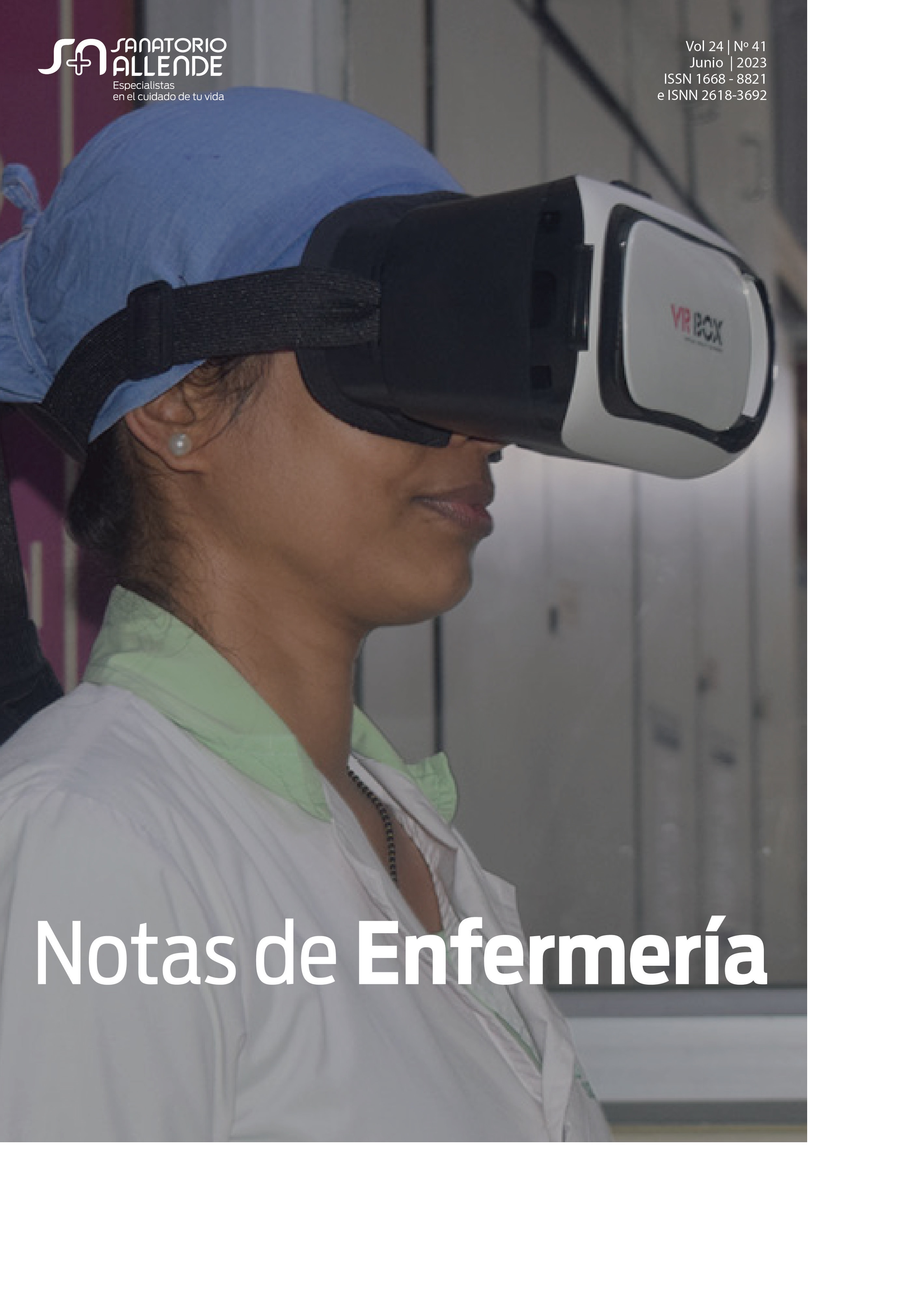TEEN MOTHERS' EXPECTATIONS ABOUT THEIR PREMATURE INFANT'S DEVELOPMENT. CORRIENTES 2022
DOI:
https://doi.org/10.59843/2618-3692.v24.n41.41443Keywords:
adolescents, child development, maternity, prematureAbstract
Objective: Describe the expectations of adolescent mothers regarding the development of their premature children assisted in a public maternity hospital in Corrientes capital, year 2022. Methodology: quantitative, descriptive and cross-sectional; population: adolescent mothers with premature children hospitalized in neonatology; data collection through validated form. Results: 62 adolescent mothers were studied; ages 13 to 19 years, mean 17±1.6; 73% late adolescents. Regarding their ideas regarding gross motor development, only 31% had adequate expectations to the evolutionary calendar. In ideas about walking ability, 32% expressed adequate expectations. According to age group, ideas about walking ability were adequate in 18% of early adolescents and 46% of late adolescents. The ability to run did not show important differences between the early and late ones. About sphincter control, 29% of early adolescents had adequate expectations and 33% in late ones. In fine motor development, 45% of the mothers had adequate expectations, without showing significant differences according to maternal age groups. In the ability to stack cubes, 35% of early adolescents had ideas appropriate to the calendar and it was 29% of late adolescents. Regarding language, 36% of the mothers had adequate expectations; with 21% in the early ones and 35% in the late ones. About syllabication, adequate ideas in 18% in early adolescents and 24% in late adolescents. Regarding affective development, 48% of the mothers expressed adequate ideas; which reached 23% in the early ones and 58% in the late ones. Conclusion: a large part of adolescent mothers have inadequate expectations for the development of their premature children, intertwined with ideas that are not adjusted to the evolutionary calendar. Expectations regarding gross, fine, language, and affective motor development vary according to maternal age groups, with ideas less adjusted to what should happen in early adolescents when compared to late adolescents.
Downloads
References
1) Méndez Maissonave CB, Herrera MI. El nacimiento pretérmino y su impacto en el desarrollo infantil. Rev Med Exp Psico [internet]. 2019 [citado 23 mayo 2022]; 1 (1): 52-54. Disponible en: https://www.aacademica.org/000-111/737.pdfMendez
2) CB, Herrera MI. El nacimiento pretérmino y su impacto en el desarrollo infantil. Rev Med Exp Psico [internet]. 2019 [citado 23 mayo 2022]; 1 (1): 52-54. Disponible en: https://www.aacademica.org/000-111/737.pdf
3) Diaz Orbegozo EM, Valenzuela KC, Ayala Curo JL. Nivel de conocimientos de las madres adolescentes acerca de los cuidados básicos al recién nacido 2019 [Tesis de grado]. Perú- Hospital Nacional Edgardo Rebaglia Martins. Disponible en: file:///D:/TESIS%202022/CITAS/D%C3%8DAZ%20,%20CAMILO%20Y%20AYALA_TESIS2DA_2018.pdf
4) Mendoza Tascón LA, Claros Benítez DI, Peñaranda Ospina CB. Actividad Sexual temprana y embarazo en la adolescencia: estado del arte.Obstet Ginecol [internet]. 2016 [citado 2 abril 2022]; 81(3):243-253.Disponible: https://www.scielo.cl/pdf/rchog/v81n3/art12.pdf
5) Madrona Gil Pedro, Contreras Jordán O, Barreto Goméz I. Habilidad motrices en la infancia y su desarrollo desde una educación física animada. Rev. Iber.Edu. [internet]. 2008. [citado 6 octubre 2022]; 47 (1): 71-96. Disponible en: https://rieoei.org/historico/documentos/rie47a04.pdf
6) Alzate Grisales E. Bebés recién nacidos hasta los 2 años. Manual de Estimulación adecuada. IUEF. 2010. 1- 102 pág.
7) Palacios J. Las ideas de los padres sobre sus hijos en la investigación evolutiva. Infanc.aprendiz [internet]. 1987 [citado 13 junio 2022];39 (40): 97-111
8) Vargas Porras C, Villamizar Carvajal B, Ardilla Suarez EF. Expectativas de crianza en madres de recién nacidos a término y pretérmino. Rev.Cuba.Enf [internet]. 2016. [citado 9 abril 2022]; 32 (3): 412-422. Disponible en: https://pesquisa.bvsalud.org/portal/resource/pt/biblio-1093210
9) Torrecilla M, Gonzalez Cruz F, Waldheim J. Percepción de eficacia materna y autoestima materna luego de una internación en una unidad de cuidados intensivos neonatal. INVESTIGACIONES EN PSICOLOGÍA 2019, Vol. 24, N°2, pp. 43-49 https://doi.org/10.32824/investigpsicol.a24n2a25
10) Madrid Gutiérrez J, Hernández Cordero AL, Gentile A. Embarazos y maternidad adolescente desde una perspectiva cualitativa en ciencias sociales. Adolescere [internet]. 2019. [citado 29 noviembre 2022]; 12 (1): 39-47. Disponible en: https://zaguan.unizar.es/record/87719/files/texto_completo.pdf
11) Nunes C. Ideas de las madres sobre el desarrollo y educación de los niños. INFAD [internet]. 2008. [citado 2 abril 2022]; 4 (1): 43 -57. Disponible en: https://www.redalyc.org/pdf/3498/349832319004.pdf
12) Rossel K, Carreño T, Maldonado E.T. Afectividad en madres de niños prematuros hospitalizados, un mundo desconocido. Rev. Chil. Pediatr [internet]. 2002 [citado 6 diciembre 2022]; 73 (1):15-21. Disponible:
https://www.scielo.cl/scielo.php?script=sci_arttext&pid=S0370-41062002000100004
Downloads
Published
Issue
Section
License
Copyright (c) 2023 Sanatorio Allende

This work is licensed under a Creative Commons Attribution-NonCommercial 4.0 International License.
Those authors who have published with this journal, accept the following terms:
- Attribution — You must give appropriate credit, provide a link to the license, and indicate if changes were made. You may do so in any reasonable manner, but not in any way that suggests the licensor endorses you or your use.
- NonCommercial — You may not use the material for commercial purposes.

